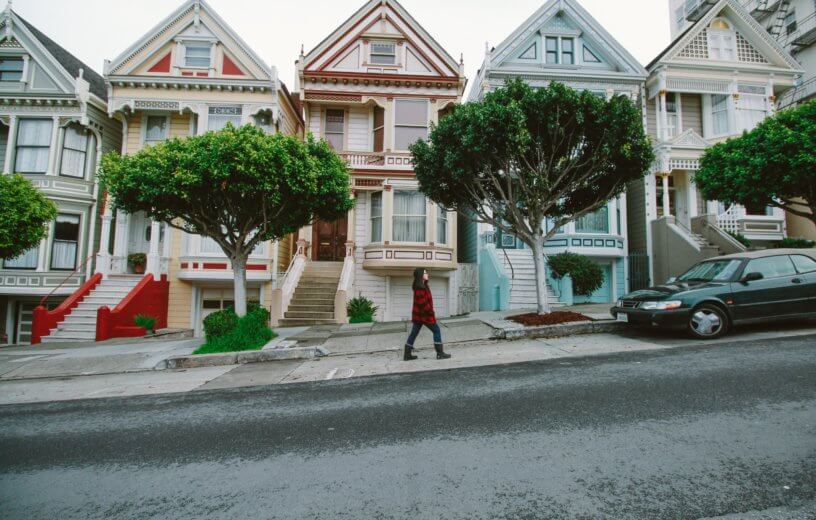PASADENA, Calif. — The neighborhood you live in may influence your survival outlook after a heart attack, according to researchers from Kaiser Permanente Los Angeles Medical Center.
The team looked at over 31,000 people living in Southern California and discovered that Black patients living in disadvantaged neighborhoods are significantly more likely to pass away within five years of suffering a heart attack in comparison to their white neighbors. However, study authors did not see any differences among patients living in more affluent neighborhoods.
“All patients in this study had equal access to medical care and were treated at the same medical facilities, but despite comparable health care access, Black patients from lower resourced neighborhoods still had higher mortality compared to white patients,” says senior study author, Mingsum Lee, MD, PhD, a cardiologist with the Kaiser Permanente Los Angeles Medical Center, in a media release. “This study suggests that social and environmental factors can affect a person’s outcome after a heart attack, and where a person lives can have a powerful impact on health outcomes.”
Less wealthy areas face a ‘neighborhood disadvantage’
Researchers included a total of 31,275 people in this research. All of those individuals had a heart attack between 2006 and 2016 and received treatment at a Southern California Kaiser Permanente hospital. To measure their “neighborhood disadvantage score,” study authors used the Area Deprivation Index, an index for determining neighborhood disadvantage according to 17 relevant variables. Those include a range of factors, from education, to income, to employment.
From there, study authors observed patient health outcomes for the next five years following recovery. That process led them to conclude that survival outcomes among African-Americans living in affluent neighborhoods were quite similar to Caucasians living in the same areas. However, results show Black patients from disadvantaged neighborhoods were 19 percent more likely to pass away than white patients living in those same neighborhoods.
“These findings may be of particular interest to health systems, since most health systems invest heavily to improve the quality of care provided to heart attack patients within the medical system,” Dr. Lee explains. “However, what this study shows is that a patient’s post-discharge environment also matters when it comes to long-term health outcomes.”
The study appears in the Journal of the American College of Cardiology.
